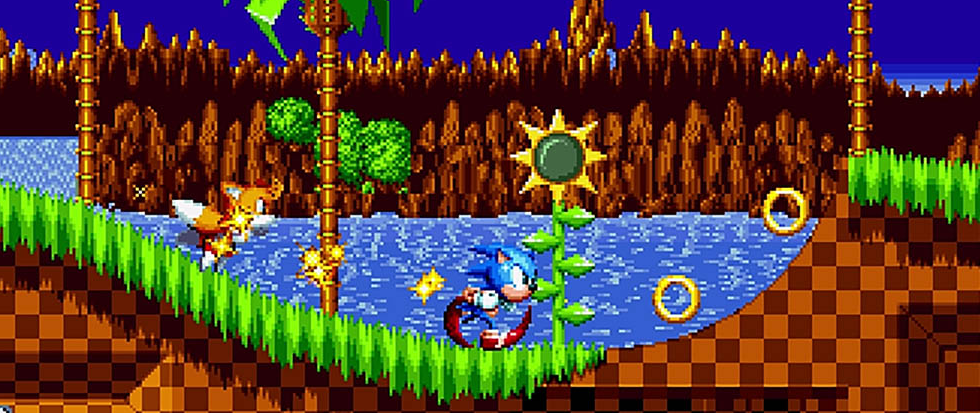
Sonic Mania is the Apotheosis of Fanmakes
Have you played Sonic Mania? It’s a neat little game that captures the joy of what it was like to play a console game that wasn’t Mario. It’s truly a love letter to a decent game made by people that really love that game.
That’s perhaps a strange sentiment you hear from me. I hate nostalgia culture. It does nothing to push is forward and in many regards, holds us back. But Sonic Mania is essentially the best possible version of nostalgia. It’s nostalgia that’s not been weaponized by corporate culture against those of us who do have rosy feelings about times since gone. It’s grassroots nostalgia and that’s fine.
The reason for this is that Christian Whitehead, the driving force and programmer on Sonic Mania, essentially made the game happen through his own personal love for Sonic. For the last eight years Whitehead has been keeping Sonic games alive by making rogue versions of older Sonic games and even building his own custom engine to do so. If I must live in a world beholden to its past without self-consciousness then at least it’s a world where people like Whitehead want to preserve and enhance that past.

A lot of talk is had about “respecting characters” and Whitehead is an exemplar of this. At a time when Sega had little to no interest in their back catalog, Whitehead kept the fire burning. After some legal jockeying, Whitehead’s fan games would be officially released by Sega. At a time when the best thing Sega was doing with Sonic was the ghastly Sonic Unleashed and Sonic: Lost World someone cared enough to keep the games people actually liked alive.
Worldwide, more companies could learn from this example. It’s been five years since Capcom stepped up and helped South Korean developer Seow Zong Hui to get Street Fighter X Mega Man to market despite not having really done anything of substance with Mega Man in over two years. While the legend of Mega Man might have convinced us that the games are better than they actually were interest in fanmakes demonstrates that the desire is there and so is the room for innovation.
Speaking of innovation, over in The Netherlands independent developer WreckingPrograms recently released Mega Maker, a design-your-own-levels version of Mega Man in the vein of Super Mario Maker. Even Sonic Mania isn’t as ambitious in terms of creativity. Why make one new Mega Man game when you can give fans the tools to make millions of them?

But one of the best parts of the Sonic Mania story is that people like Christian Whitehead got paid. All too often modders and fanmakers aren’t financially recognized for their efforts to improve and maintain beloved characters and games. Fan games shouldn’t be relegated to the world of demo tapes and audition reels. So while Sega realized they were sitting on treasure, Capcom’s official position is that so long as no one tries to profit from their intellectual property they see no harm in it. It’s easy to let people do the work for you, especially if you don’t pay them.


